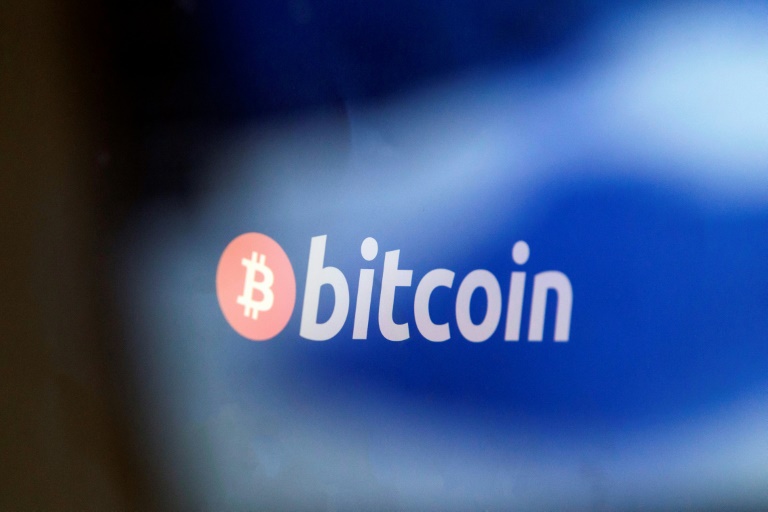EPFMK: Bitcoin: The First Truly Worldwide Bubble

Personal Finance #IfIOnlyKnewFEB 1, 2018 @ 11:59 PM6,590
Bitcoin: The First Truly Worldwide Bubble
Jay Adkisson , CONTRIBUTOR
I cover Wealth Preservation in its legal permutations
It used to be that bubbles largely harmed only folks in one particular country. Tulpenmanea (tulip bulbs, 1638) dinged the Dutch. The South Seas and Mississippi bubbles (1720) zapped the French. The "Roaring Twenties" stock market bubble (1929) mostly hurt only Americans. The Japanese stock bubble (1989) was largely confined to the Home Islands. The Dot-com bubble (2000) was largely contained to Americans.
The Mortgage-Backed Securities (MBS) bubble (2008) perhaps demonstrated for the first time that a bubble could significantly outgrow the borders of the country which gave it birth. Yet, as with other previous bubbles, the most direct effects hit those in the United States, even though the secondary effects on foreign investors and the world economy in general were quite significant.
Jay Adkisson
The Bitcoin Bubble
The Bitcoin Bubble, however, is the first truly world-wide bubble. Folks from all continents have significantly invested in Bitcoin and other cybercurrencies (or cryptocurrencies if you prefer). As with the prior bubbles, the vast bulk of these investors don't understand the fundamental economics of their investment, if it even exists, but they have seen other people make great riches and they want to quickly become multimillionaires as well. Thus, South Koreans are taking cash advances against their already deep-in-the-red credit cards to buy Bitcoins, ordinary Brazilians are using their carefully horded reals to buy Bitcoins, and American retirees are cashing out their 401(k) plans buy Bitcoins.
Before the internet, folks outside the bubble home country didn't even hear about the deal until later, after it had burst, much less have an opportunity to invest. But with Bitcoin, the self-touted "Currency of the Internet", pretty much anybody with an internet connection can plunk down their pesos, yen, rubles and euros too. In this sense, the world really has come together since now anybody regardless of nationality can be a sucker.
If there is a silver lining to this particular bubble, it is that (and quite unlike the MBS bubble which burst in 2008), the large institutional investors such as investment banks, insurance companies, pension funds and mutual funds have stayed safely on the sidelines. The pain of the Bitcoin bubble bursting may thus hit particular individuals quite hard, but there are unlikely to be an adverse systemic effects on any country's economy much less the worldwide economy.
Recommended by Forbes
MOST POPULAR Photos: The 10 Most Dangerous U.S. Cities
TRENDING ON LINKEDIN Should I Mention That I'm Job-Hunting In My LinkedIn Profile?
The question for the Bitcoin investors is now how low can it go? As with all investments, the ultimately theoretical answer is zero -- just ask the investors in any of hundreds of Dot-com companies if you don't believe it. However, it is possible that Bitcoin may survive at some level as a payment system, albeit at a much, much lower market capitalization value than when it got close to (and some say hit) $20,000 in December, 2017.
The problem is that when a bubble builds and then bursts, the object of the bubble usually becomes seriously discredited and obtains a very negative reputation. Just as the Dutch didn't want to hear any more about tulip bulbs after 1638, and an entire generation of Americans swore off equity investments for the rest of their lives after the 1929 crash, it may be that crypocurrencies will suffer a similar fate.
Or not. Even after the 2008 MBS crash, institutional investors again started buying mortgage securities for their relative safety (though presuming higher lending standards, we'll see how long that lasts). So it might be that crypocurrencies will survive at some, albeit diminished, level.
The other silver lining is that the Bitcoin bubble drew the attention of large companies worldwide to the advantages of Blockchain technology, which maintains multiple ledgers of transactions that making hacking much more difficult. Numerous companies are using or starting to look into this technology, which has proven advantages. The trouble for cryptocurrency investors is that they don't own this technology, and are not going to be realizing any royalty rights for it.
Yet, investors around the world may soon learn a valuable lesson, which is that anything that you don't fundamentally understand is unlikely to be a good investment for you.
And for many, a quite expensive lesson too.